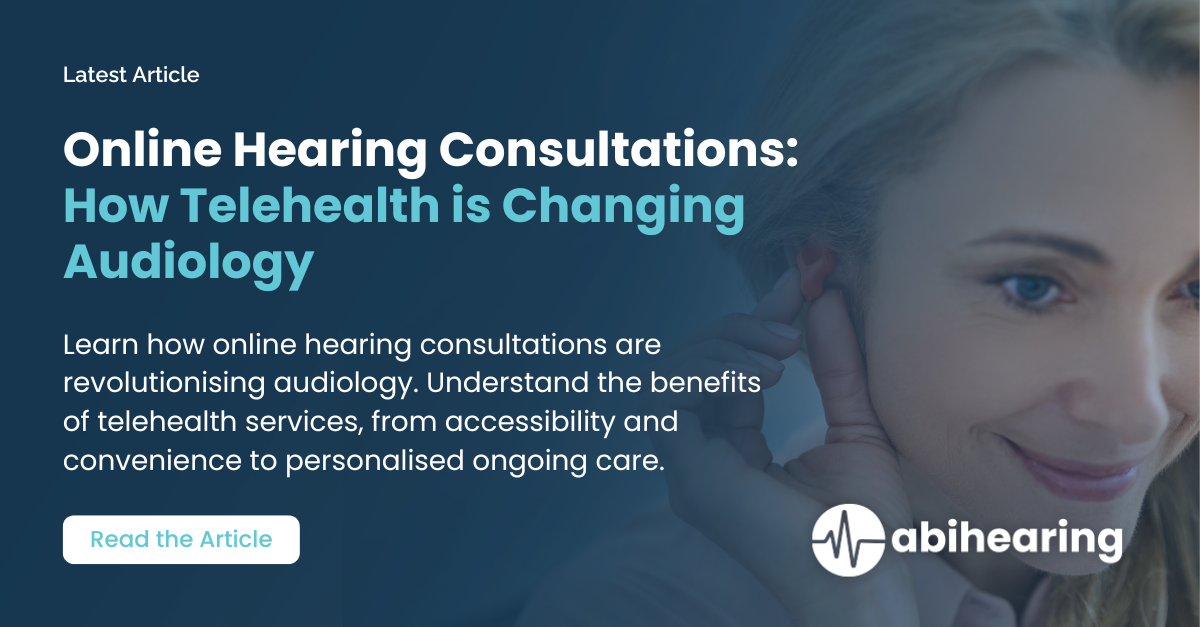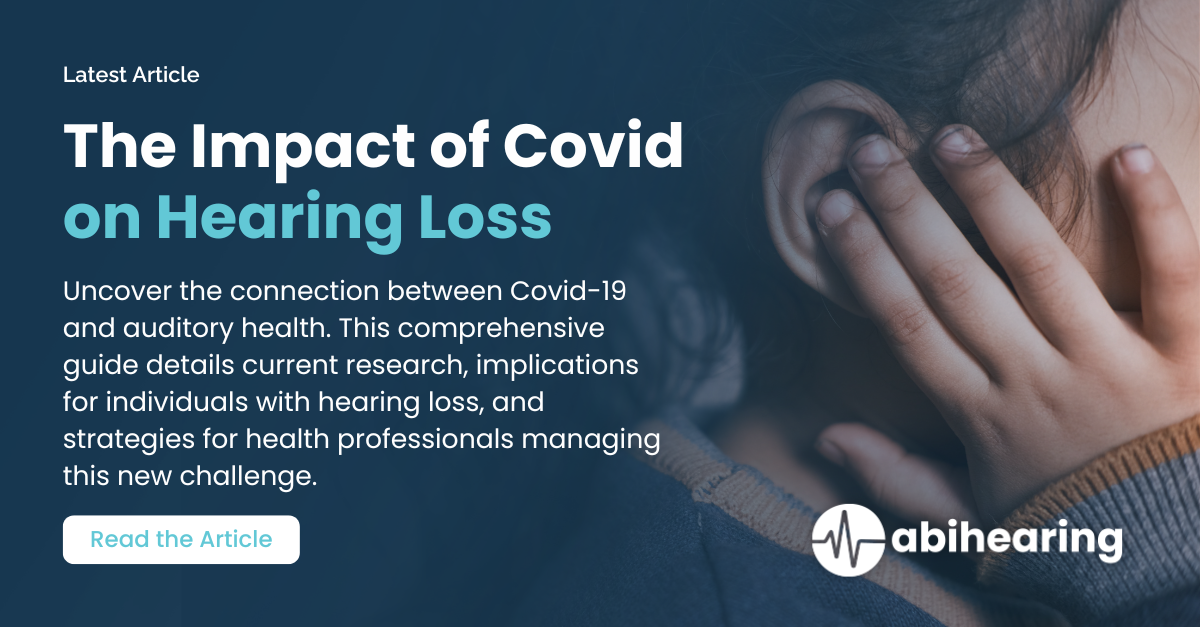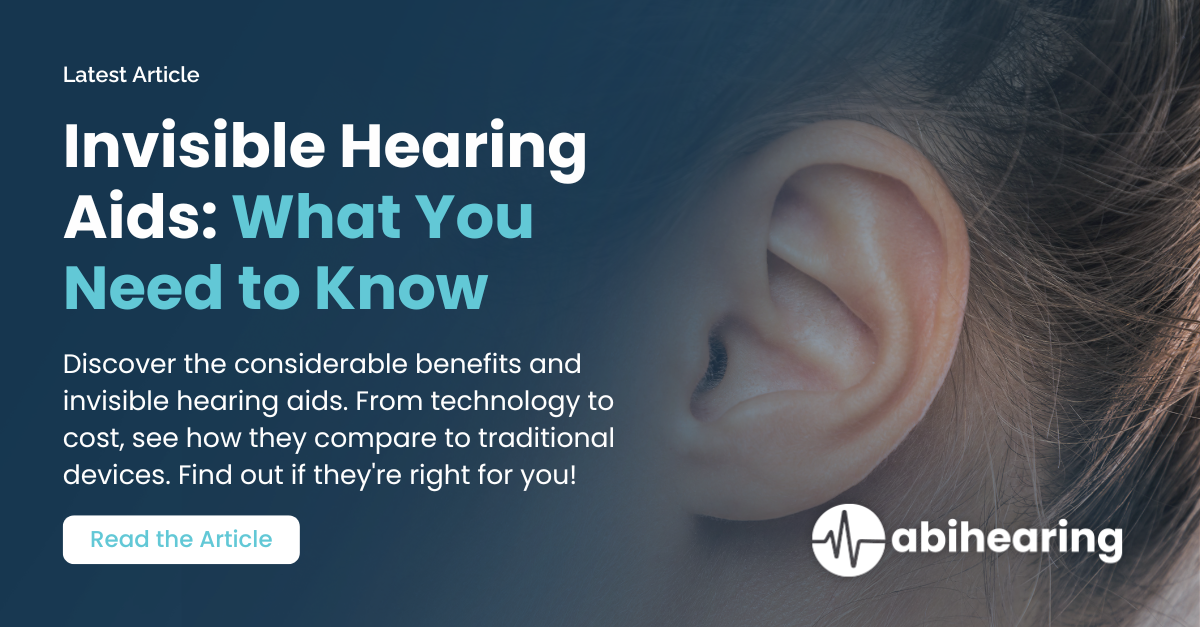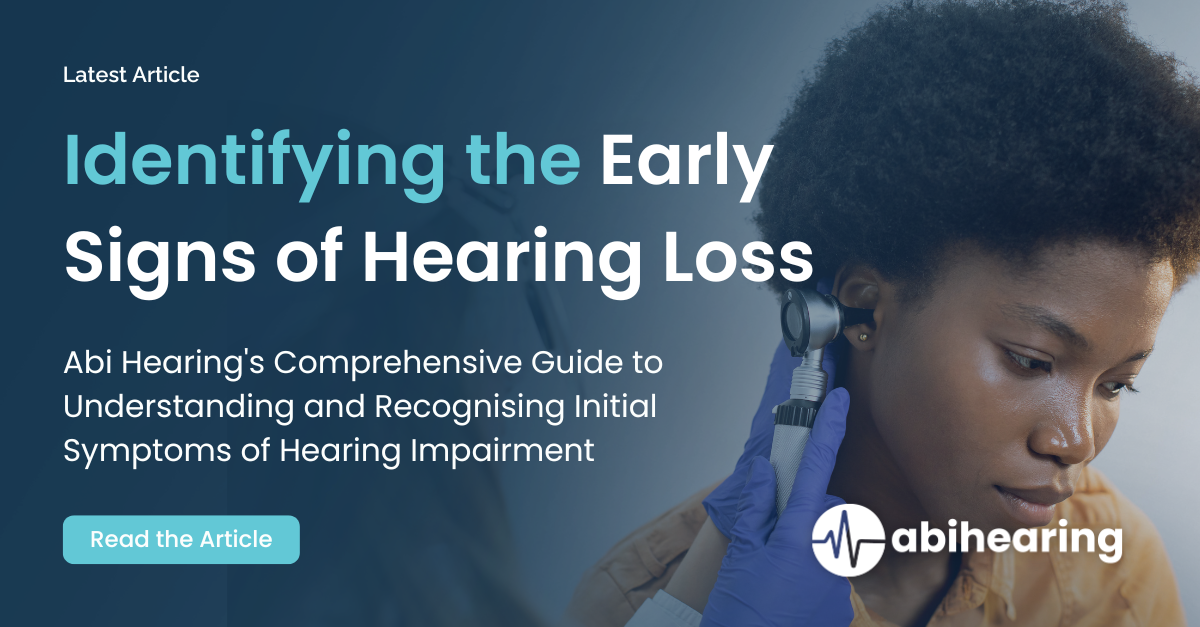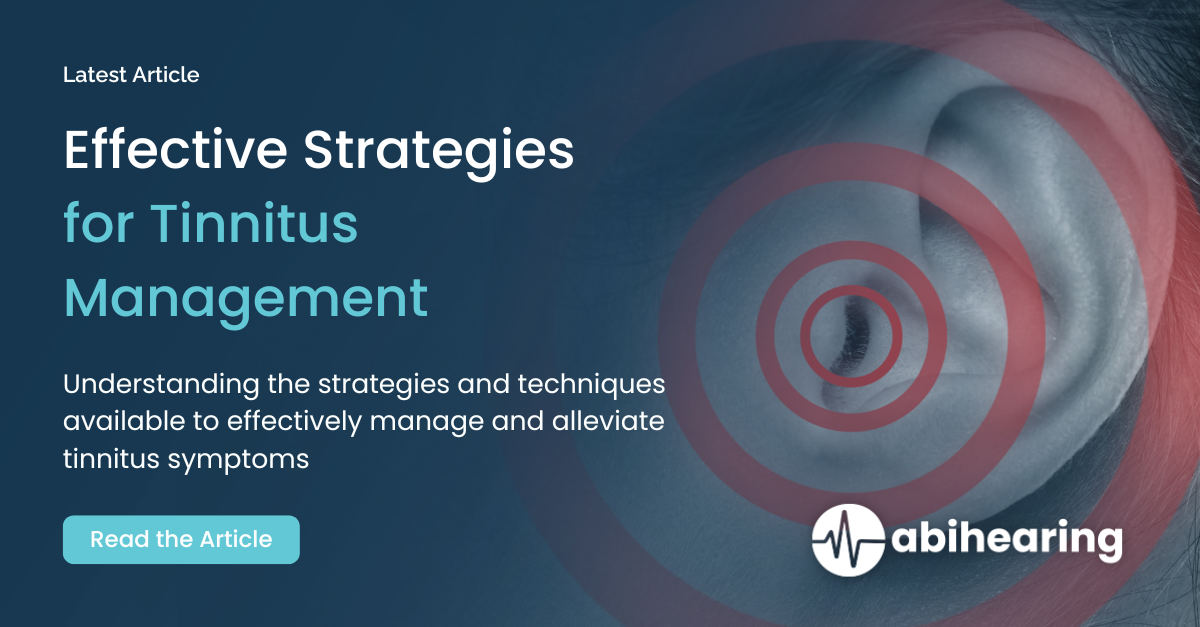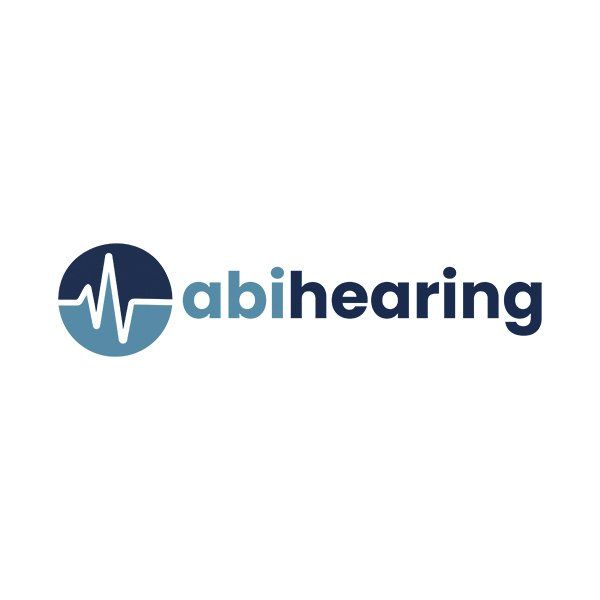Hearing Loss and Dementia
Hearing loss is often associated with early onset dementia and Alzheimer's disease, in fact, hearing loss is the most common issue for people with dementia. As many as eighty percent of those with dementia experience some level of hearing loss. This can make communication difficult for both the person with dementia and their loved ones. Fortunately, there are strategies that can help make communication easier. Read on to learn more about hearing loss and dementia.
What is Hearing Loss?
Hearing loss is a condition that results in the inability to hear sounds normally. There are many different types of hearing loss, but the most common is sensorineural hearing loss. This type of hearing loss occurs when the inner ear or auditory nerve is damaged. The damage can be caused by ageing, noise exposure, infection, side effects from medication, or other health conditions.
What is Dementia?
Dementia is a condition that results in the loss of cognitive function. This includes memory, thinking, and reasoning abilities. There are many different types of dementia, but the most common is Alzheimer's disease. Dementia can significantly impair a person's ability to communicate effectively.
What is the Difference Between Hearing Loss and Dementia?
The main difference between hearing loss and dementia is that hearing loss is a condition that affects the ability to hear sounds, while dementia is a condition that affects the ability to think and remember. However, hearing loss can sometimes lead to dementia, as the damage to the inner ear or auditory nerve can cause cognitive decline. Studies have shown that hearing loss is almost twice as likely to lead to Alzheimers.
How Does Hearing Loss Lead to Dementia?
Hearing loss can lead to dementia in two ways. First, hearing loss can cause cognitive decline. This is because the brain is constantly working to make sense of the sounds that we hear. When there is damage to the inner ear or auditory nerve, this process becomes more difficult, and the brain has to work harder. This can lead to worsening of a person's dementia over time. Hearing loss can also lead to social isolation. When a person is unable to hear well, they may stop participating in social activities, as it becomes more difficult to communicate. This can lead to a lack of stimulation, which can also cause cognitive decline.
How Does Hearing Loss Affect Dementia?
Hearing loss can have a significant impact on dementia. People with dementia often have difficulty understanding speech, especially in noisy environments. This can make it difficult for them to communicate with others. In addition, people with dementia may become confused or agitated when they can't understand what is being said to them.
What Are Some Early Signs of Hearing Loss and Dementia That People Should be Aware of?
Some early signs of hearing loss and dementia that people should be aware of include:
- Having difficulty understanding speech, especially in noisy environments
- Frequently asking people to repeat themselves
- Having trouble following conversations
- Not responding when someone is speaking to them
- Misunderstanding common words or phrases
- Becoming confused or agitated when trying to communicate
- Having trouble remembering things that were said recently
- Being distracted or not paying attention when someone is talking to them
- Not participating in social activities anymore
What Are Some Strategies That Can Help Make Communication Easier for People with Hearing Loss and Dementia?
There are many strategies that can help make communication easier for people with hearing loss and dementia. Some of these include:
- Speaking slowly and clearly
- Making sure to face the person you are speaking to, speaking directly into their ear
- Keeping conversations short and simple
- Using gestures or facial expressions to help explain what you are saying
- Avoiding noisy environments, or moving to a quieter place if necessary
- Providing written information or using a Picture Exchange Communication System (PECS) to help communicate with people who have difficulty understanding speech
- Making sure the person you are talking to is aware of your hearing loss, and explaining any communication difficulties you have
- Seeking help from a qualified Audiologist to gain access to hearing technology that may significantly increase your ability to hear
How Can You Prevent or Delay the Onset of Hearing Loss and Dementia?
There are several things that you can do to prevent or delay the onset of hearing loss and dementia. These include:
- Quit Smoking - Smoking increases the risk of developing hearing loss and dementia
- Stay Active - Exercise can help keep the mind healthy
- Eat a Healthy Diet - Eating a healthy diet can help protect the brain from damage
- Stay Social - Staying socially active can help keep the mind active
- Use hearing aids - If you are experiencing hearing loss, using hearing aids can help improve your hearing and quality of life significantly
- Limit your exposure to loud noises - exposure to loud noises can damage the ears
- See your doctor regularly for checkups and screenings - If you are over the age of 60, it is important to see your doctor regularly for checkups and screenings
- Get enough sleep - Getting enough sleep can help protect the brain from damage and reduce the risk of developing dementia
What Are Some Common Treatments for Both Conditions?
There are many common treatments for both hearing loss and dementia. Some of these treatments include:
Hearing aids
Hearing aids are a common treatment for hearing loss. They amplify sound, making it easier to hear conversations and participate in social activities.
Cognitive stimulation therapy
Cognitive stimulation therapy is a type of therapy that helps improve cognitive function. It involves participating in activities that stimulate the brain, such as puzzles, crosswords, and memory games.
Occupational therapy
Occupational therapy can help people with dementia stay independent for as long as possible. It involves teaching them new skills to help them do everyday tasks, such as cooking, cleaning, and bathing.
Assistive devices
Assistive devices can help make everyday tasks easier for people with dementia. These include things like grab bars, shower chairs, and raised toilet seats.
Support groups
Support groups are a great way to connect with others who are going through a similar experience. There are many support groups available for people with hearing loss and dementia.
What Can Abi Hearing Do for You?
Looking to keep your ageing loved ones safe and healthy? Abi Hearing can help. Our innovative hearing loss treatment plans provide seniors with the support they need to stay connected to their community. From personalised care plans to top-of-the-line technology, we have everything you need to make life easier for those affected by these conditions.
Conclusion
Hearing loss and dementia are two conditions that can have a significant impact on a person's quality of life. They both affect the way a person communicates and can make everyday tasks difficult. There are many treatments available for both conditions, and there are many ways to get support from others who are going through a similar experience. It is important to stay active and social and to see your doctor regularly for checkups and screenings.


